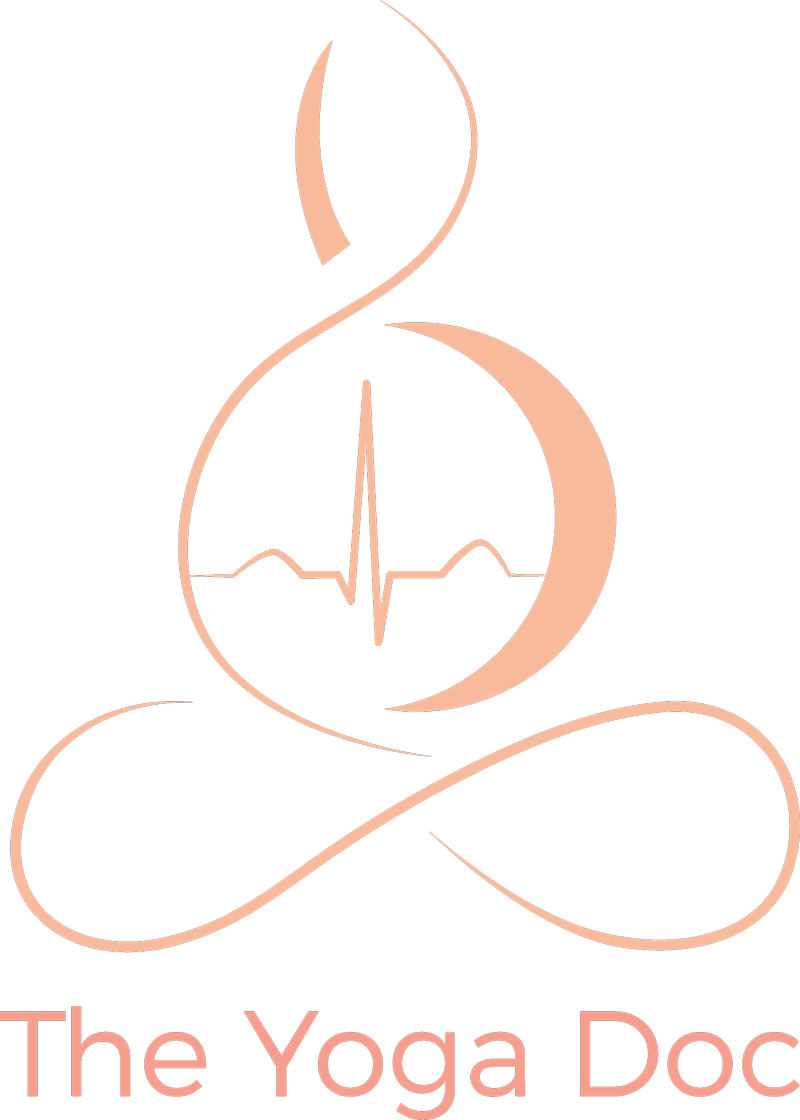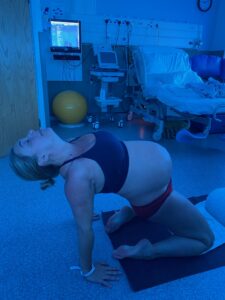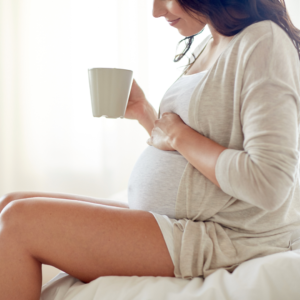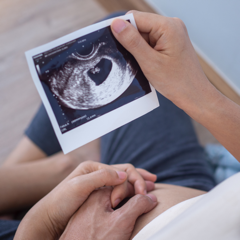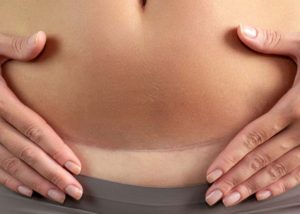The birth of a new baby is an exciting time, we have a tendency to focus purely on the birth, investing in antenatal education, researching the best pram or carseat to buy and very little in what comes after. Most of becoming a parent is a mix of instinct, our own experience of childhood (what we do and don’t want to take forward), advice from friends and family and perhaps the odd book or podcast. We all find our own way. Being prepared for what comes next and what to expect during your postnatal recovery will give you a massive head start.

Lochia
The name given to the bleeding that happens after birth. This is a mixture of blood, mucous and cells from the uterus lining and happens regardless of the type of birth you have. On average this continues for around 6 weeks, but may last up to 12 weeks, becoming brown and get less as the weeks go by.
If you are breastfeeding, you may initially experience sudden pain or gushes of blood when your baby is on the breast. This can be normal and is due to the release of oxytocin, the same hormone responsible for causing the uterus to contract. If there’s any foul smell, you have pain in your lower abdomen, you have a sudden large unexplained bleed or you’re feeling unwell, please seek help from your midwife or health visitor, as it may indicate an infection.
Taking pictures can be a helpful way to show a health care professional what you’re concerned about. Finally, don’t forget to stock up on large pants and maternity pads or period knickers – this is the last thing you want to be sending your partner out to search for late at night.
Diastisis recti
This is the name given to the vertical split of the abdominal muscles which occurs during pregnancy and is present in 100% of women by 35 weeks. One third will have persisting symptoms postnatally and will benefit from formal rehabilitation.
My number one advice would be to find a good women’s health physiotherapist who can help support your recovery. It is completely fixable with the right support and it’s never too late. Other helpful ways to support healing are breath awareness when lifting, avoiding constipation, placing your feet on a step when opening your bowels, noticing signs in your own body when exercising such as pressure sensations or doming of the abdomen and taking a step back.
the dip of a diastisis separation
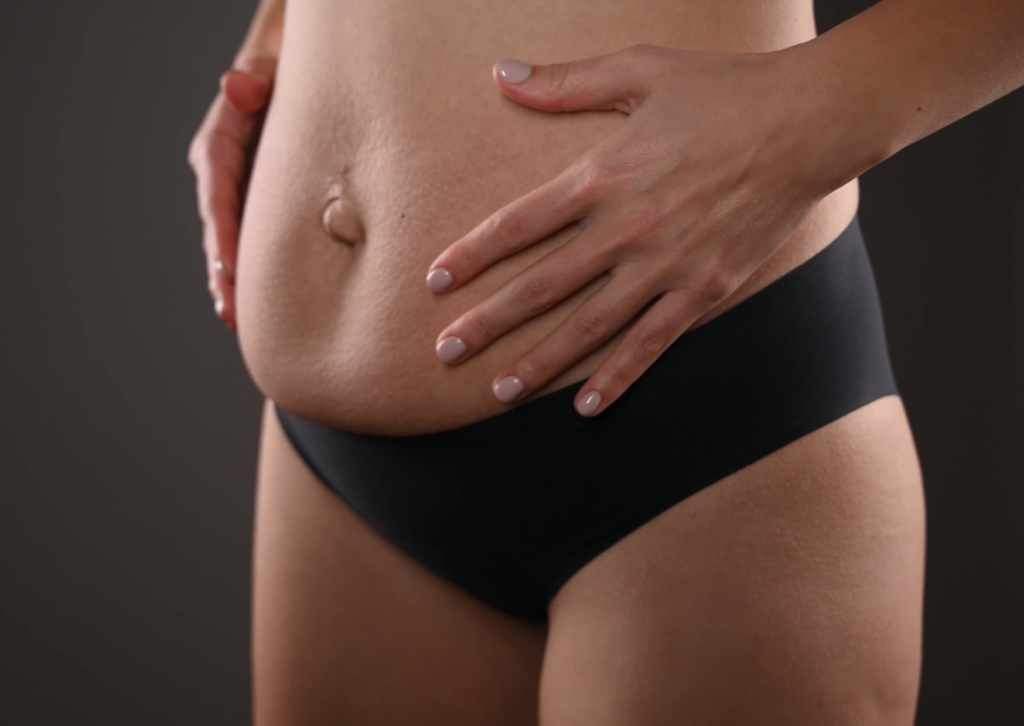
Pelvic floor dysfunction
It’s difficult to measure the prevalence of urinary and faecal incontinence in those who have had a baby, due to the stigma that still surrounds this condition meaning a lack of self reporting, however rough estimates place it around 1 in 3.
A vaginal birth will increase the chance of having these symptoms, but pregnancy itself is a risk factor and so those who birth via caesarean may also experience this. Low oestrogen levels (especially if breastfeeding) in the months following birth, can contribute to symptoms, but this is not something to suffer with in silence with.
A women’s health physiotherapist is really your best friend. Most of us know about pelvic floor exercises, but doing them correctly is really important, as is relaxing the pelvic floor too. Were you aware that in some women having a hypertonic (overly contracted) pelvic floor can contribute to incontinence?
Returning to sex
With sleep deprivation, the new changes in your body and focussing on keeping a new human being alive, sex may be the furthest thing from your mind. It’s also important to address how birth trauma that many women experience, can have an impact on the ability or desire to a return to intimacy with your partner. Sexual desire and pleasure are incredibly complex and the hormonal cocktail compounded by your birth experience may mean you just aren’t ready. Remember to take your time and talk about this with your partner.
We are all very different and if this is something you’re ready for, we would normally recommend waiting for six weeks before having penetrative sex, largely due to the uterus taking time to shrink and the cervix to close, theoretically increasing risk of infection. If you don’t have plans to conceive (the WHO recommends a 24 month interval between pregnancies, to reduce adverse birth outcomes), it’s important to be aware that you can become pregnant even if your period hasn’t come back yet. If you’re exclusively breastfeeding (every 4 hours during the day and 6 hours at night, with no bottles and dummies), you most likely will have stopped ovulating. This method of lactational amenorrhoea is 99.5% effective, but other methods of hormonal and non-hormonal methods of contraception are worth considering as there’s still a risk of pregnancy.
Breastfeeding
Whether you choose to breastfeed or not, the undeniable fact is that significant health benefits are conferred to you and your baby. It can be heartbreaking for those who may want to but really struggle with this journey. It’s not something we’re ever taught and very few find it instantly easy with a variety of reasons for this. Remember that you are trying to teach your baby this new skill that you have zero experience of doing yourself. It can take time and for some. The support of a lactation consultant who is able to perform a feeding assessment and identify any functional issues like tongue tie, can be the difference between the end of breastfeeding and being able enjoy your breastfeeding journey pain free (please know, it should NOT be painful!). Most healthcare professionals are woefully ignorant in breastfeeding education, so get the right help. Your health visitor or midwife, should be able to direct you to your local infant feeding team, or if you have the resources to see someone privately, make sure you identify someone with an IBCLC qualification.
Baby blues
These are common and normally kick in around day 3 as our hormone levels take a huge plummet. It can feel quite terrifying to feel such a lack of control over your emotions in this way, especially if you’ve experienced the initial oxytocin-fuelled high following birth. It can show up as feeling tearful, emotional, irritable, anxious or low in mood and is often compounded by lack of sleep and shear overwhelm of becoming a new parent.
Taking care of yourself where you can is key, eating a healthy meal, staying hydrated (keep a glass of water in each room in case you get nap trapped!), resting and napping when you get the opportunity, getting outside for some fresh air, or gentle movement like walking.
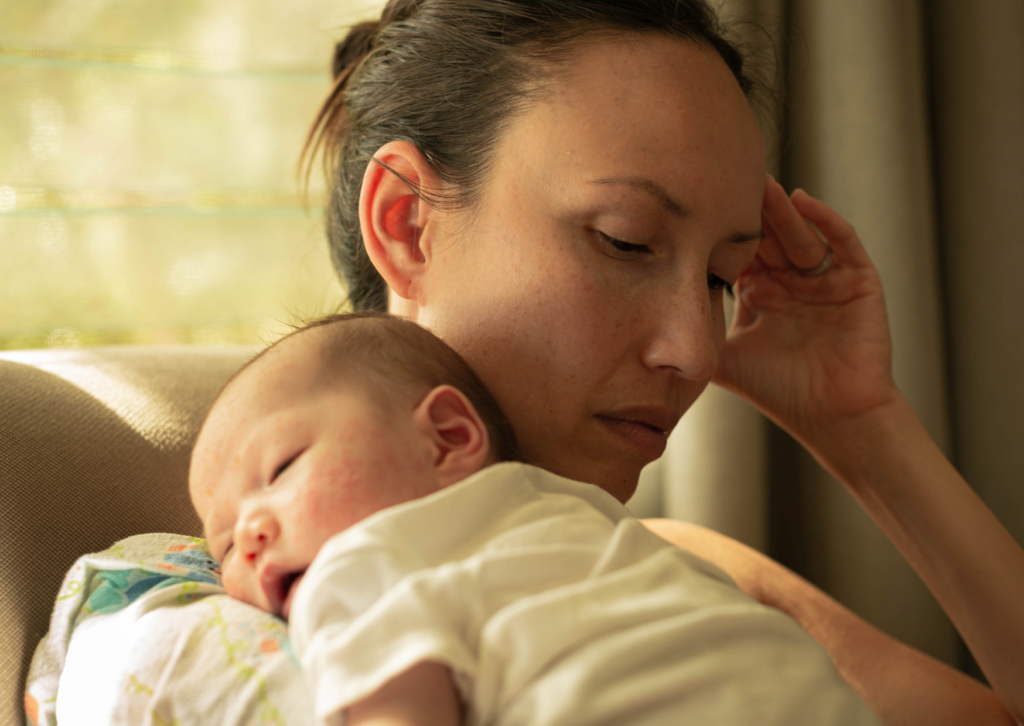
If these feelings aren’t going away, or feel more extreme with invasive thoughts of harm to yourself or your baby, difficulty sleeping, anxiety, anger or low mood, please know you aren’t alone. Postnatal depression and anxiety is very common with 1 in 5 experiencing it.
Birth trauma is also incredibly common with 40% of women experiencing it and 8% of these meeting the criteria for a diagnosis of PTSD. Symptoms include flashbacks, avoiding or isolating yourself from any reminders, being hypervigilent and jumpy with difficulty sleeping and negative thoughts of blame of yourself or others. If you recognise these symptoms, know that there are effective treatments out there, which will be different for PND and PTSD, so accessing the correct diagnosis is important.
These are unlikely to go away on their own, so seeing someone is the first step. pandas foundation and make birth better are two great charities where you can find support.
Becoming a parent can be terrifying, incredible, exhausting and hugely rewarding. If those close to you are excited to bring gifts for your new baby. Perhaps consider suggesting that instead of a cute little outfit for your newborn, an appointment with a healthcare professional to support your journey, might be more beneficial.
I created The Leto Clinic in response to the clear need for more comprehensive and trauma informed postnatal care. I offer 50-minute bespoke appointments, allowing the opportunity to take a holistic and individualised approach to care.








